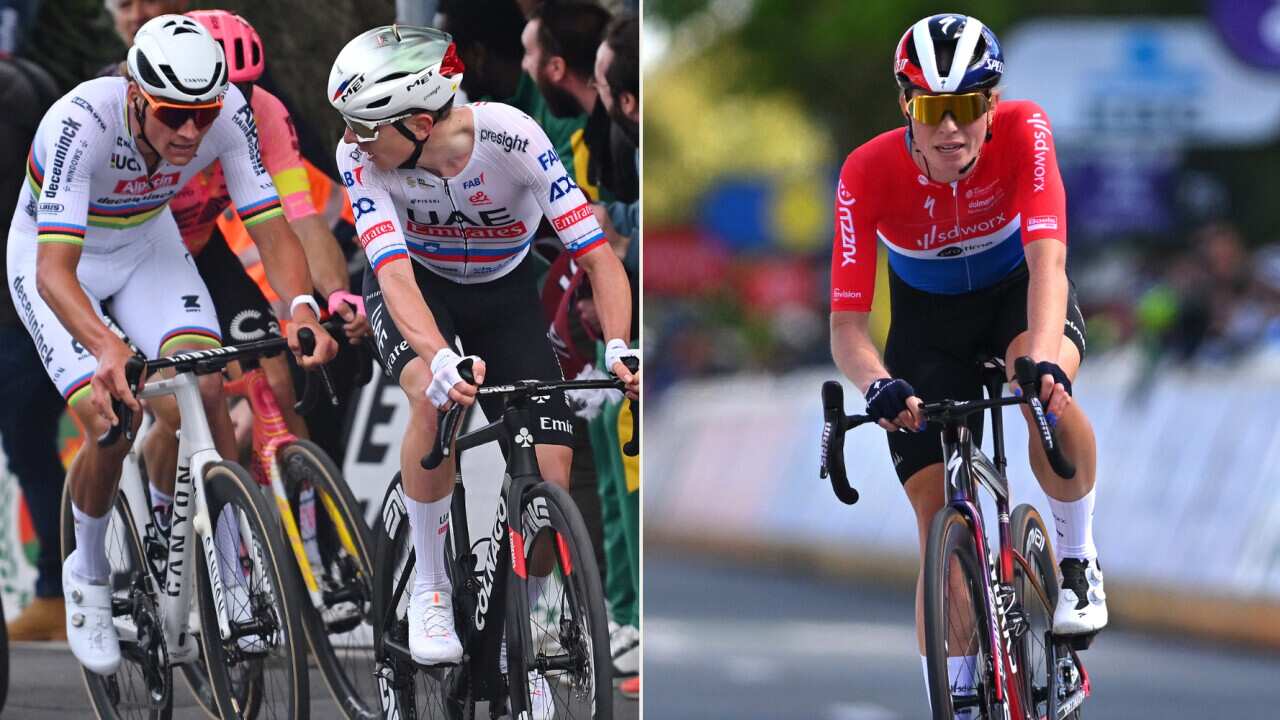Maybe – and I speak from a position of curious ignorance – the Australian game is going through one such moment with the successful launch of the A-League, qualification for FIFA World Cups, the move to Asia and hosting of this year’s AFC Asian Cup.
Perhaps historians will look back on this time as the vital moment in the development and mass popularisation of an Australian football culture, the time when all the pioneering work of the likes of Les Murray and Johnny Warren really started to bear fruit.
In the development of the Brazilian game, it is clear that the 1930s have a magic place. At the start of the decade, Brazil lagged miles behind Uruguay and Argentina as South America’s third force. By the end it was a different story. Third place in the 1938 World Cup in France had opened the planet’s eyes to the rise of the men in (for just over another decade) white shirts.
That was the first World Cup to which Brazil sent a fully professional squad – and it is clear that the advent of professionalism was a development of huge importance.
South American football began with the elite. One of the reasons for Brazil’s relatively slow start was that it was an extremely hierarchical society – slavery had only been abolished in 1888, which meant that there were more barriers to players from poor backgrounds than there were in far more socially enlightened Uruguay, for example.
Professionalism did much to sweep away those barriers. This was a time when the Mussolini-inspired government of Getulio Vargas - a kind of relatively benign tropical fascism – was also working hard to create a more inclusive idea of Brazil.
Aspects of popular culture such as samba and the Carnaval parade, previously looked down upon by officialdom, were now celebrated as authentic manifestations of a happy culture. Once it moved down the social scale and acquired the popular touch, football became another symbol of the nation.
The 1930s, then, changed the social profile of the player. Where once he was a medical student, now he was a working class kid from the wrong side of the tracks. And the decade also changed the profile of the supporter – in a planned, conscious manner with a truly surprising inspiration.
The early fans were also drawn from the upper classes. They were members of the clubs, who paid a monthly subscription to use the facilities. The move to professionalism brought with it a need to develop a mass support base, well beyond the swimming pool and table tennis table of the club.
The key mover in this process was Mario Filho, a journalist and businessman so important that the Maracana stadium officially bears his name. In the mid 1930s he acquired the Jornal dos Sports newspaper in Rio de Janeiro – which as then the nation’s capital exerted a huge influence over the rest of the country.
With imagination and energy he used the paper to help foment a new footballing culture in Brazil. In 1936 he was looking for ways to promote the local Flamengo-Fluminense derby (the city’s other two big teams, Botafogo and Vasco da Gama were still playing in an amateur league. Fla and Flu had tuned professional).
In the pages of the Jornal dos Sports Mario Filho launched competitions to see which supporters could put on the best show, with songs and banners. “The competition between the supporters will begin today,” he wrote in the build up to a series of derbies in December 1936.
“This fact will be enough to give the Fla-Flu an extra attraction, something new. It will not only be the two teams who are engaged in providing the spectacle. There will also be, in all parts of the stadium, a contest between the supporters.”
And here is the fascinating part. “We will try to introduce to Brazil what happens in the United States, adapting this battle of the fans to the Brazilian way.”
Once the games were over and everything had gone according to plan, Mario Filho felt able to boast that “the JS (Jornal dos Sports) has succeeded in establishing a new direction in the way that the Brazilian public support their teams. In these three matches new things were done in terms of the spontaneous intervention of those watching.”
And the fascinating bit again; “Brazilian football has taken the first step in a process of ‘Americanisation’ of the supporters.”
It can only be assumed that Mario Filho had taken his cues from watching baseball in the United States – a sport of the masses already well consolidated on professional lines.
This, totally surprising, source of inspiration has been totally lost in time. I came across it by chance in a semi-academic book and had never heard any reference to it before.
Everything in Brazil’s fan culture is taken for granted as a natural, organic development. But those Jornal dos Sports texts from the time make apparent the limitations of this line of thinking. What happened was the outcome of a process, thought out, imagined, put into practice.
There is a lesson here for contemporary Brazilian football, with all of its current woes. One of its urgent needs is to stop taking success for granted and instead to realise that it is the product of a process.
That is what happened in the past. And the way to move forward is to come up with new processes; keep what is good, throw away what is not and then rethink, re-imagine and put in practice once more – staying open to influences from abroad as was once the case with coaches from Uruguay and fan culture from the USA.










